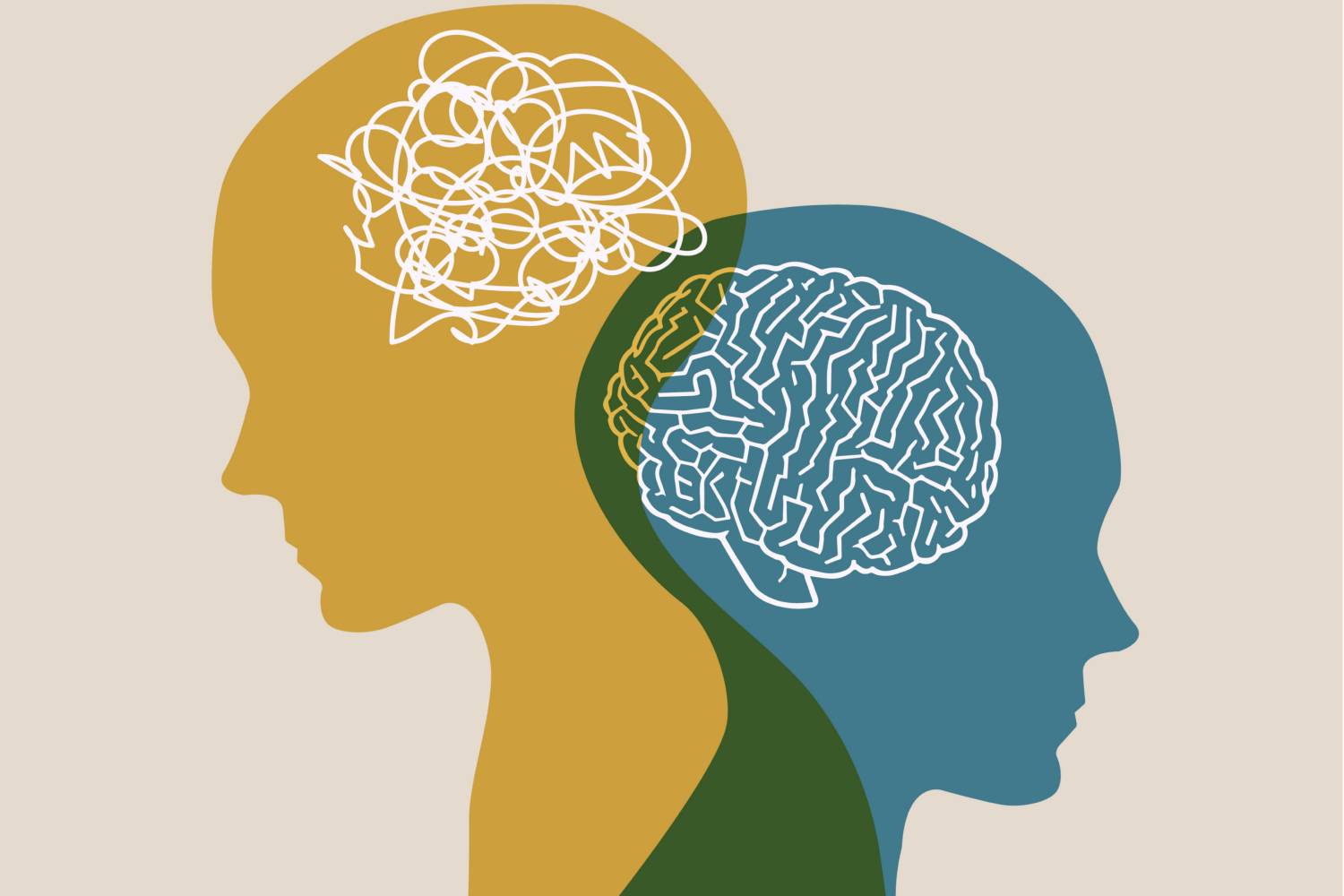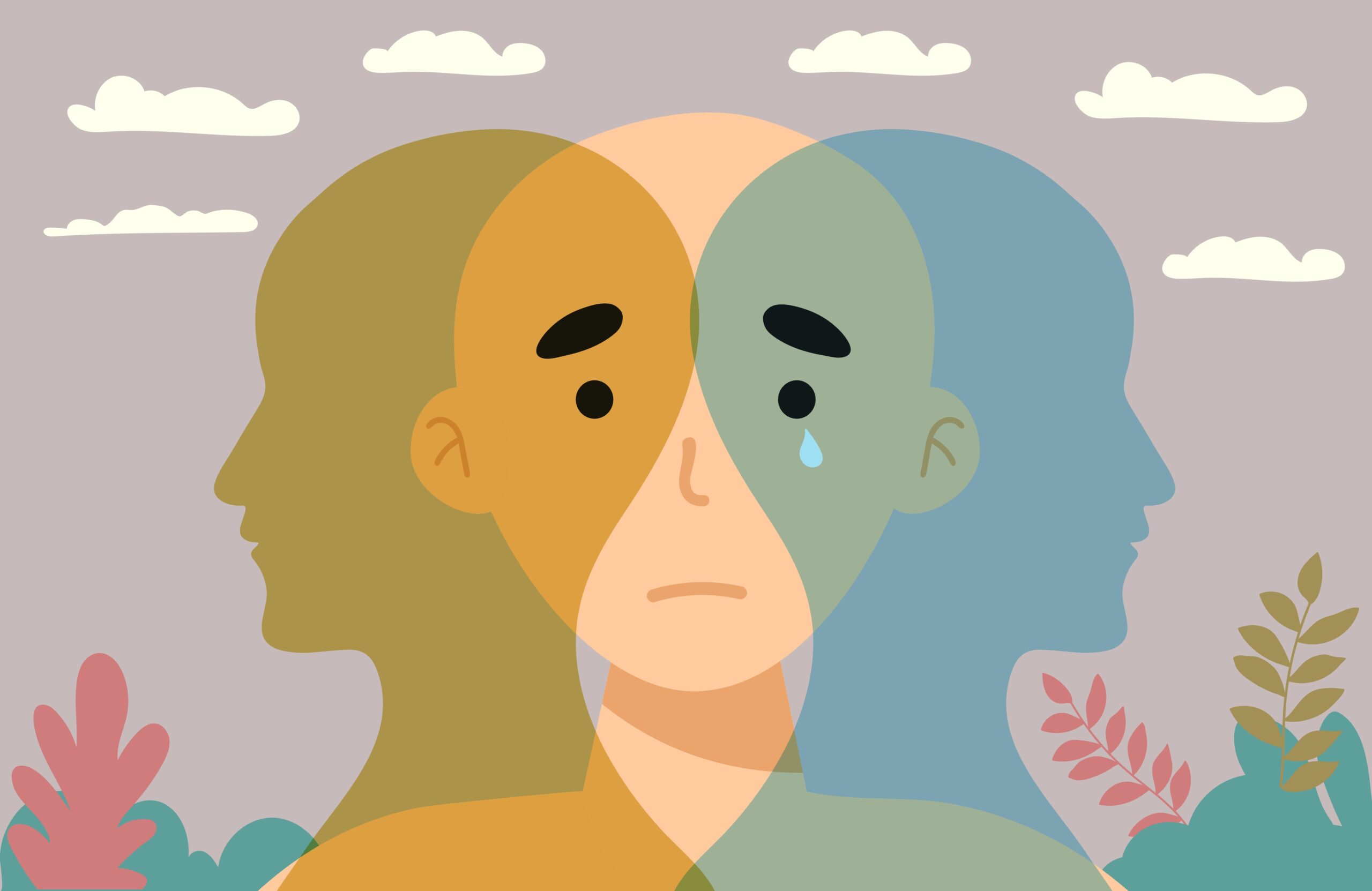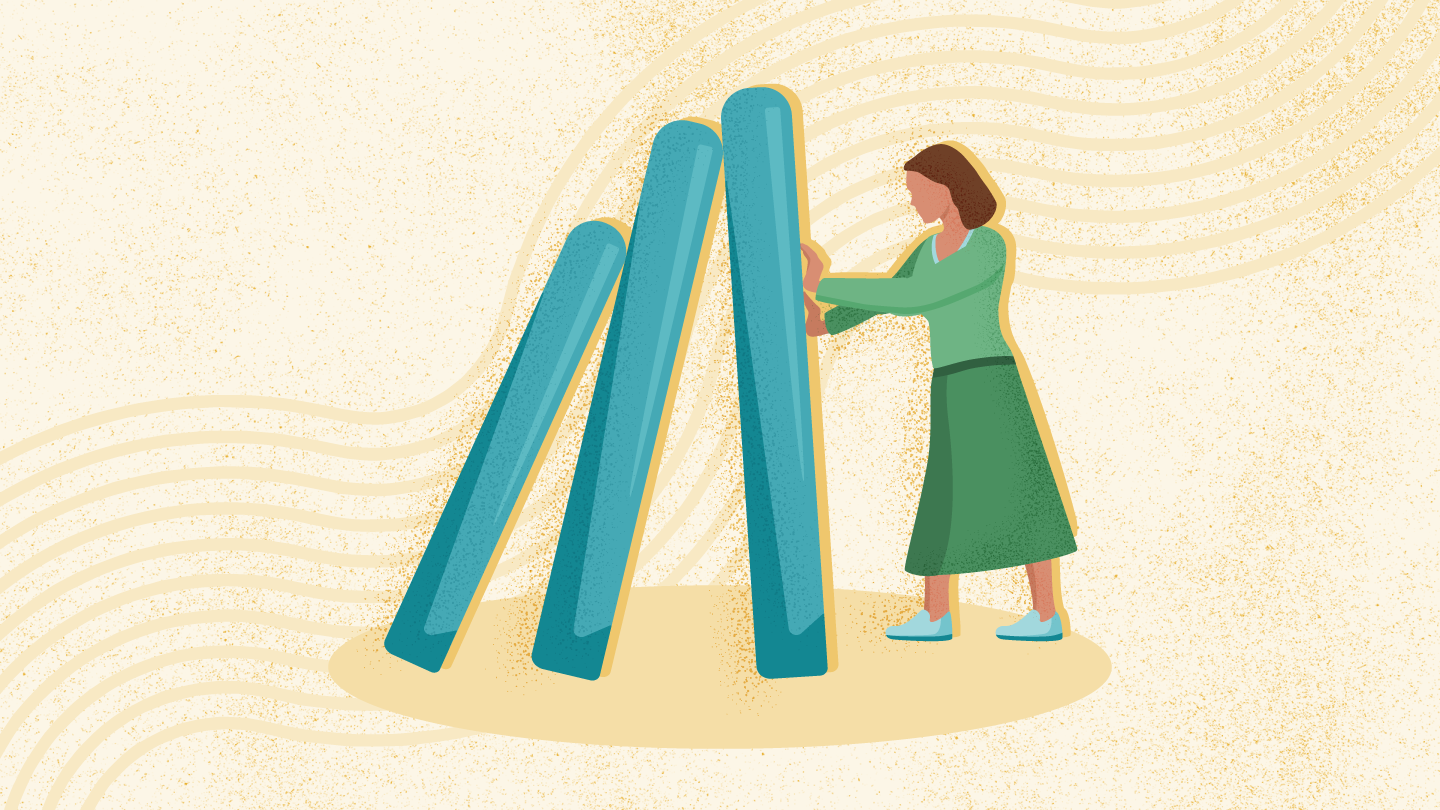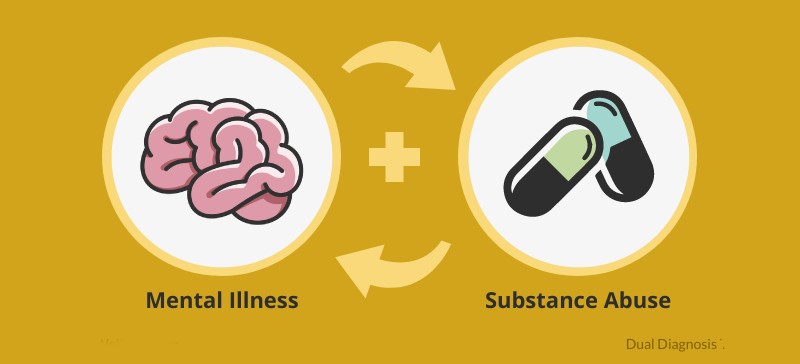
Addiction is never just about substances—it often connects deeply with mental health. Many people who struggle with drug or alcohol dependency also face conditions like depression, anxiety, bipolar disorder, or post-traumatic stress disorder. When both challenges exist together, it is known as dual diagnosis.
At Aarogya Sewa Samiti, we recognize that recovery is most effective when both substance use and mental health conditions are treated side by side. Ignoring one while focusing on the other often leads to relapse or incomplete healing. That is why understanding the importance of addressing dual diagnosis is crucial for long-term recovery.
What is Dual Diagnosis?
Dual diagnosis refers to the condition when a person experiences both a substance use disorder and a mental health disorder at the same time. For example, someone may struggle with drug addiction while also dealing with depression or anxiety.
This combination makes recovery more complex, but it also highlights the need for an integrated approach to treatment. By addressing both conditions together, individuals can achieve true healing. Ignoring one condition while treating the other often leads to relapse, frustration, and a cycle of repeated struggles. An integrated plan ensures balance, stability, and a higher chance of lasting recovery.
Why Addressing Dual Diagnosis Matters in Recovery
1. Substance Use and Mental Health Influence Each Other
When someone has a dual diagnosis, the two conditions often feed into each other. Mental health struggles can drive a person to use drugs or alcohol as a form of escape, while substance use can worsen symptoms of depression, anxiety, or other mental illnesses.
2. Ignoring One Issue Affects the Other
If treatment only focuses on drug addiction but not the underlying mental health disorder, recovery may not last. Similarly, treating mental health without addressing addiction can keep the cycle of dependency alive. That is why effective recovery must address both sides of dual diagnosis.
3. A Holistic Path to Healing
The importance of dual diagnosis lies in creating a balanced, whole-person approach. Recovery is not just about physical health—it’s about emotional stability, mental wellness, and building a meaningful life without substances.

Signs That Dual Diagnosis May Be Present
Recognizing the signs of dual diagnosis can help individuals and families seek the right kind of support. Some common signs include:
-
Using drugs or alcohol to cope with sadness, stress, or trauma.
-
Sudden mood swings, anger, or emotional withdrawal.
-
Difficulty maintaining relationships or responsibilities.
-
Persistent anxiety, depression, or feelings of hopelessness.
-
Multiple failed attempts to quit substances without success.
When these symptoms overlap, it is often a signal that dual diagnosis should be considered.
The Role of Detox in Dual Diagnosis Recovery
Detoxification is often the first step in treating addiction, but in the case of dual diagnosis, it’s only the beginning. While detox clears harmful substances from the body, it does not address mental health issues. Without continued treatment, many people return to substance use as a way to cope with emotional struggles.
This is why specialized care for dual diagnosis is essential immediately after detox, combining therapy and support with physical recovery. A structured plan that includes counseling, medication management, and behavioural therapies ensures that both conditions are treated together. This holistic approach not only prevents relapse but also builds a stronger foundation for long-term stability.
Counseling and Therapy for Dual Diagnosis
Therapy is one of the strongest tools in addressing dual diagnosis. It helps individuals:
-
Understand the link between mental health and substance use.
-
Learn healthier coping strategies.
-
Build self-awareness and emotional balance.
-
Gain strength to resist relapse.
Cognitive-behavioural therapy (CBT), group therapy, and family counseling all play important roles in supporting someone with dual diagnosis.
Medication and Medical Support
In some cases of dual diagnosis, medication is necessary to stabilize mental health conditions like depression, anxiety, or bipolar disorder. When combined with addiction treatment, medication can create a safer and more balanced recovery process.
However, medication should always be prescribed and monitored by trained professionals to avoid misuse or dependency. Regular check-ups, adjustments in dosage, and close communication with healthcare providers ensure that treatment remains effective. When managed correctly, medication becomes a tool that supports overall healing rather than creating additional challenges.

Building a Support System for Dual Diagnosis
Recovery from dual diagnosis requires strong support systems. Family, friends, and support groups provide encouragement and accountability. When loved ones understand that addiction and mental health are connected, they can offer more effective support.
Community programs and peer groups also play a huge role in helping individuals realize they are not alone in their journey. Shared experiences create a sense of belonging and reduce the feelings of isolation that often come with recovery. Support systems also motivate individuals to stay consistent with treatment, celebrate progress, and build resilience against setbacks.
Lifestyle Changes That Support Dual Diagnosis Recovery
Addressing dual diagnosis is not only about therapy and medication—it also requires lifestyle changes. Some helpful practices include:
-
Regular physical exercise to improve mood and reduce cravings.
-
A balanced diet that strengthens both body and mind.
-
Mindfulness and meditation to manage stress.
-
Structured routines that replace harmful habits.
These changes give individuals the tools to live healthier, more stable lives without relying on substances.
Challenges in Dual Diagnosis Recovery
Recovery from dual diagnosis is not easy. Some challenges include:
-
The stigma around both addiction and mental health.
-
Difficulty in diagnosing the conditions correctly.
-
The temptation to use substances when emotional struggles resurface.
-
Long-term commitment required for therapy and treatment.
Despite these challenges, many people successfully recover from dual diagnosis with patience, persistence, and the right care.

Why Professional Care is Essential
Trying to manage dual diagnosis alone is extremely difficult. Professional treatment ensures that both conditions are addressed together in a safe and supportive environment. A personalized recovery plan, medical supervision, and continuous therapy increase the chances of long-term success. With the right guidance, individuals not only overcome addiction but also build the emotional strength needed to live a balanced life. Professional care also reduces the risk of relapse, making recovery more sustainable in the long run.
Conclusion
Addressing dual diagnosis in recovery is vital for lasting healing. Treating only addiction or only mental health does not provide complete recovery—both must be handled together. With the right combination of detox, counseling, medical care, and lifestyle changes, individuals can break free from the cycle of addiction and emotional struggle.
At Aarogya Sewa Samiti, we provide compassionate care designed for people facing these challenges. For those searching for a trusted Best Rehab Centre in Dehradun, our programs focus on holistic recovery, ensuring that both substance use and mental health are treated with equal importance. Together, we can build a healthier, brighter future.